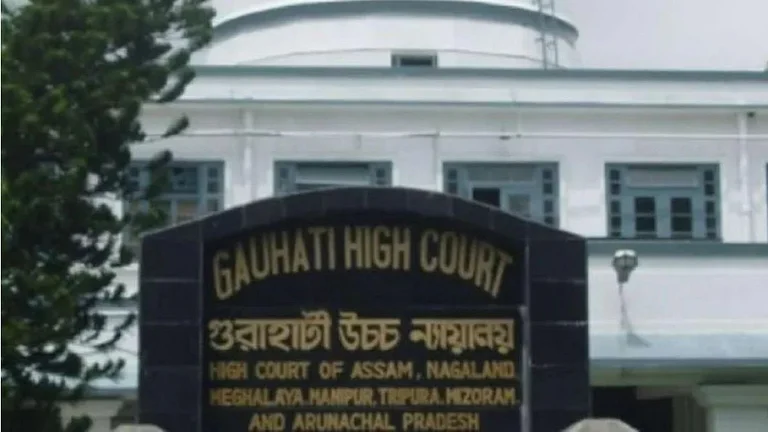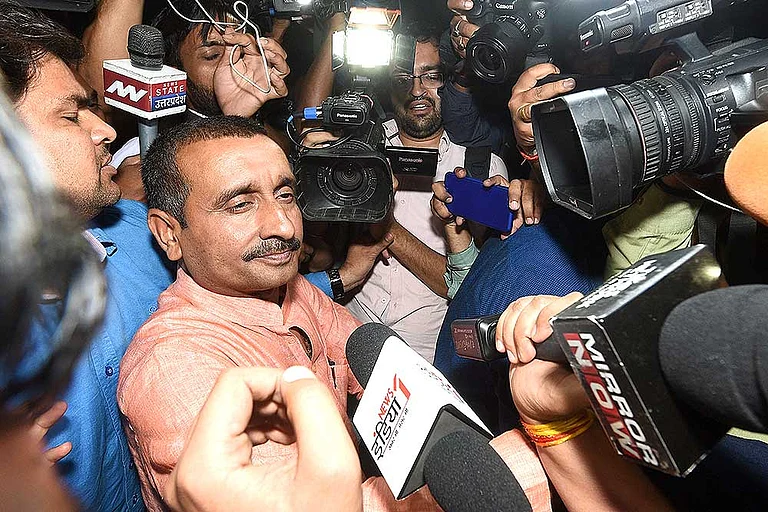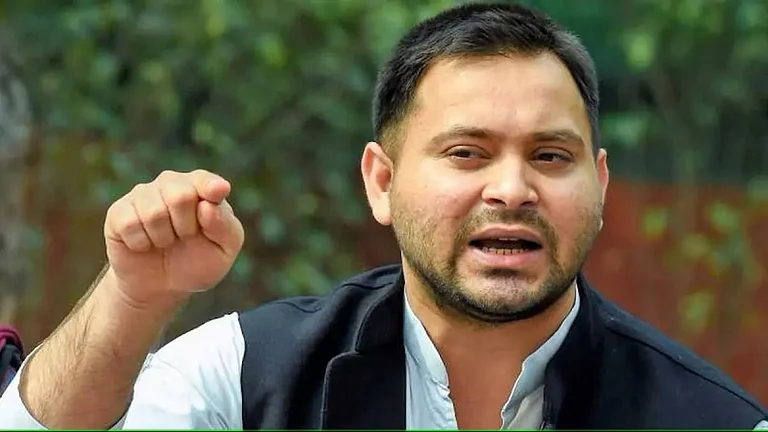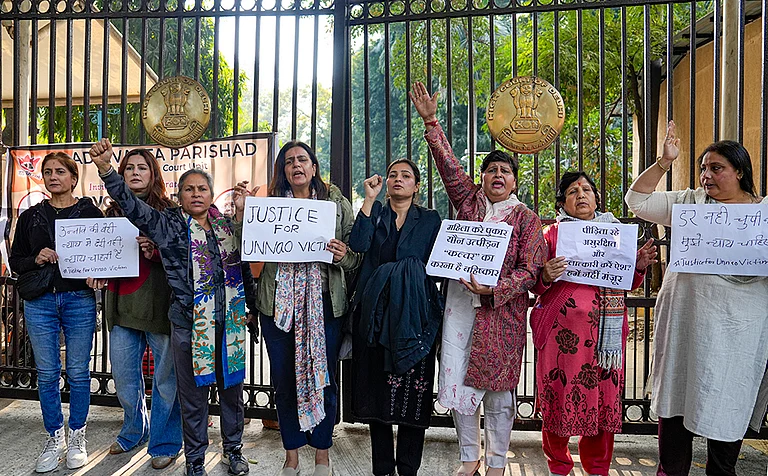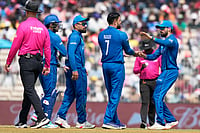The Delhi High Court on Tuesday refused to grant bail to businessman Amandeep Singh Dhall, arrested by the CBI in a corruption case linked to the alleged excise policy scam, saying the accusations against him are serious in nature.
The high court said since many of the witnesses in this case are known to Dhall and he was also in contact with “influential leaders” of the Aam Aadmi Party (AAP) in the Delhi government for “hatching a conspiracy”, he does not satisfy the triple test for grant of bail.
“The allegations against the applicant are also serious in nature and their impact on the society and common man at large has to be considered as a factor while adjudicating an application seeking grant of regular bail,” it said while dismissing his application.
Justice Swarana Kanta Sharma took strong note of Dhall's argument about undue delay in deciding his bail application which was filed in July 2023.
The judge noted that it was stated on behalf of the accused before the Supreme Court that his bail application was listed and heard on 40 occasions by the high court, but was thereafter adjourned till July 8, 2024 for arguments.
The high court, in its 34-page order, gave a list of dates on which Dhall’s bail plea was listed and the orders passed by the predecessor bench and by Justice Sharma.
It said his argument that the liberty of an individual is his fundamental right and his incarceration being prolonged due to non-hearing by this court is contrary to the record.
“… rather the conduct of the applicant in moving multiple, frequent, interim applications resulted in postponement of the date of hearing in the regular bail application, though in the meanwhile, he remained in a private hospital of his choice and government hospitals on many occasions. Therefore, the delay if any in hearing the bail application cannot be imputed to any court and be made a ground for grant of bail,” the high court said.
“The regular bail application had been listed on 17 occasions. However, out of the 17 occasions when the regular bail application had got listed for hearing, on about 9 occasions, applications seeking interim bail on medical grounds, admission in private hospital, extension of period of hospitalisation in custody, etc. had also been listed for hearing, on which the counsel for the applicant (Dhall) himself had argued extensively and prayed for passing of urgent orders,” the judge said.
It said out of the remaining 8 occasions, either the notice had been issued or arguments had been addressed on behalf of the applicant.
Justice Sharma said on about 20 other occasions, the matter had been listed and heard by this court.
“It is noteworthy that over the past 11 months, the applicant had moved as many as 14 applications seeking interim reliefs in the present bail application itself, and on all the hearings, arguments had been heard by this court and effective orders had been passed, and all 14 applications stand disposed of as of today,” it said.
The court said though Dhall was never released on interim bail, he was provided hospitalisation and medical treatment of his choice and out of 15 months of custody, he remained hospitalised for more than 6 months.
On May 17, the Supreme Court had observed that every single day counts in matters concerning the liberty of citizens and asked the high court to decide Dhall’s bail plea before closure for summer vacations.
Summer vacations in the high court started from June 3 and May 31 was the last working day. The high court had reserved its order on the bail plea on May 29, after hearing arguments of the counsel for Dhall and CBI.
The high court said charges are yet to be framed and evidence is yet to be recorded. It said an FIR has been registered against Dhall for paying bribe to an officer of the Enforcement Directorate (ED) for getting his name removed from the case.
Dhall is an accused in separate cases linked to the alleged scam being probed by the Central Bureau of Investigation (CBI) and the ED.
A trial court had earlier dismissed his regular bail plea in the corruption case lodged by the CBI.
According to the probe agencies, Dhall allegedly conspired with other accused and was "actively" involved in the formulation of the liquor policy and facilitating kickbacks to the AAP and its recoupment by the "South Group" through various means.
According to the CBI and the ED, irregularities were committed while modifying the excise policy and undue favours extended to licence holders.
The Delhi government implemented the policy on November 17, 2021 and scrapped it at the end of September 2022 amid allegations of corruption.







